Introduction
In the era of rapid technological advancements, Artificial Intelligence (AI) has emerged as a transformative force, reshaping industries and opening up new possibilities. From healthcare to transportation, education to entertainment, AI is revolutionizing various sectors and paving the way for a smarter world. This article explores the vast landscape of AI, its applications in different industries, the impact it has on society, and the ethical considerations surrounding its development and deployment.
Understanding Artificial Intelligence
Artificial Intelligence refers to the development of intelligent machines capable of performing tasks that typically require human intelligence. Through machine learning algorithms and data analysis, AI systems can learn, reason, and make informed decisions. This ability to mimic human cognition has opened doors to incredible possibilities.
Applications of AI in Various Industries
1. Healthcare
AI is making significant strides in the healthcare industry. It has the potential to revolutionize diagnostics, drug discovery, and personalized medicine. AI algorithms can analyze medical images, identify patterns, and assist doctors in making accurate diagnoses. Additionally, AI-powered robotics and virtual assistants streamline patient care and enhance operational efficiency.
In the field of diagnostics, AI comsystems can quickly analyze large datasets of medical images, such as X-rays and MRIs, to identify abnormalities and potential diseases. This can aid in early detection, leading to better treatment outcomes. AI algorithms can also assist in drug discovery by analyzing vast amounts of data and identifying potential compounds that could be effective in combating various diseases.
Furthermore, AI-powered robotics and virtual assistants have the potential to improve patient care and enhance operational efficiency in healthcare facilities. Robots can perform repetitive tasks, freeing up healthcare professionals to focus on more complex and critical tasks. Virtual assistants can provide patient support, answer basic medical questions, and offer personalized recommendations based on individual health data.
2. Transportation
The transportation sector is experiencing a remarkable transformation with the integration of AI. Self-driving cars, powered by AI algorithms, are set to redefine mobility, reducing accidents and traffic congestion. AI also plays a crucial role in optimizing logistics and supply chain management, leading to improved efficiency and cost savings.
Self-driving cars, also known as autonomous vehicles, rely on a combination of sensors, cameras, and AI algorithms to navigate roads and make decisions in real-time. These vehicles have the potential to enhance road safety by minimizing human error, which is a leading cause of accidents. Additionally, autonomous vehicles can optimize traffic flow, reduce congestion, and potentially lower the environmental impact of transportation.
Beyond self-driving cars, AI is also transforming the logistics and supply chain management processes. AI algorithms can analyze data related to transportation routes, inventory management, and demand forecasting to optimize logistical operations. This leads to cost savings, improved delivery times, and enhanced customer satisfaction.
3. Education
AI has the power to reshape education by providing personalized learning experiences. Intelligent tutoring systems adapt to individual students’ needs, offering tailored content and feedback. AI-based tools facilitate language learning, automate administrative tasks, and enable interactive simulations, making education more engaging and effective.
Intelligent tutoring systems leverage AI algorithms to understand each student’s strengths, weaknesses, and learning preferences. Based on this information, the system can deliver personalized content, provide real-time feedback, and adapt the learning experience to optimize student engagement and knowledge retention.
AI-based tools are also revolutionizing language learning. With the help of natural language processing algorithms, these tools can provide interactive language lessons, assess pronunciation, and facilitate language comprehension through speech recognition. This allows learners to practice and improve their language skills in a dynamic and immersive environment.
Furthermore, AI is streamlining administrative tasks in education, such as grading assignments and managing student records. Automation of these tasks frees up valuable time for educators, enabling them to focus on instruction and student support.
4. Entertainment
The entertainment industry around the world is embracing AI to enhance content creation and delivery. AI algorithms analyze user preferences to recommend personalized movies, shows, and music on a global scale. Virtual reality and augmented reality technologies powered by AI provide immersive experiences to audiences worldwide. AI-generated content, such as artwork and music, pushes the boundaries of creativity globally.
AI algorithms have transformed the way content is recommended and personalized for users across the world. Platforms like streaming services and music apps leverage AI to analyze user data, including viewing history and preferences, to offer tailored recommendations on a global scale. This not only enhances user satisfaction but also helps content creators reach their target audience more effectively worldwide.
Virtual reality (VR) and augmented reality (AR) technologies, combined with AI, are creating immersive entertainment experiences that captivate audiences worldwide. AI algorithms can enhance the realism and interactivity of VR/AR environments, making them more engaging and captivating for users across the world. This has opened up new possibilities for storytelling, gaming, and virtual experiences on a global scale.
AI is also making significant strides in content generation globally. AI-powered systems can create artwork, compose music, and even write stories. These generative AI models are trained on vast datasets and can produce original content that pushes the boundaries of human creativity worldwide. This intersection of AI and art offers new avenues for artistic expression and collaboration on a global scale.
5. Business
AI is transforming the way businesses operate and make decisions. AI-powered chatbots provide efficient customer support, improving user experience and engagement. Predictive analytics helps organizations analyze vast amounts of data, identify trends, and make data-driven decisions. AI-driven automation streamlines processes, increases productivity, and frees up human resources for more complex tasks.
AI-powered chatbots have become increasingly prevalent in the business world. These chatbots use natural language processing algorithms to interact with customers and provide support. They can answer frequently asked questions, assist with product recommendations, and even process transactions. This improves customer satisfaction and engagement while reducing the burden on human support agents.
Predictive analytics, powered by AI algorithms, enables organizations to analyze vast amounts of data and extract valuable insights. By identifying patterns and trends, businesses can make informed decisions, optimize processes, and gain a competitive edge. Predictive analytics is particularly useful in areas such as sales forecasting, demand planning, and risk management.
AI-driven automation is revolutionizing various business processes, from manufacturing to customer service. Robotic process automation (RPA) uses AI algorithms to automate repetitive and rule-based tasks, freeing up human resources for more strategic and complex work. This increases efficiency, reduces errors, and allows businesses to focus on value-added activities.
The Impact of AI on Society
The widespread adoption of AI brings both benefits and challenges to the world and society at large. On the positive side, AI has the potential to improve healthcare outcomes, enhance transportation efficiency, revolutionize education, and spur economic growth worldwide. However, it also raises concerns about job displacement, data privacy, and the ethical implications of AI-powered decision-making.
While AI can automate certain tasks, it also creates new opportunities that require uniquely human skills such as creativity, critical thinking, and emotional intelligence. Collaborative efforts between humans and AI systems can lead to more efficient and innovative workplaces globally. The key lies in understanding how AI can augment human capabilities and drive positive change on a global scale.
The impact of AI on the job market is a topic of debate worldwide. While some jobs may be replaced by automation, new jobs that require AI expertise and the ability to work alongside AI systems are also emerging globally. Adapting to this changing landscape requires ongoing education and upskilling to remain relevant in the global workforce.
Data privacy is another crucial consideration in the global AI revolution. AI systems rely on vast amounts of data to train and make predictions. Ensuring the responsible collection, storage, and use of data is essential to protect individuals’ privacy and maintain public trust worldwide. Transparent data practices and robust security measures are crucial in addressing these concerns globally.
Ethical considerations play a significant role in the development and deployment of AI worldwide. Issues like bias in algorithms, fairness, and accountability need to be addressed to ensure that AI systems are fair, transparent, and trustworthy on a global scale. Establishing ethical frameworks and regulations will be crucial in shaping a responsible AI future for the world and society as a whole.
Overcoming Challenges in the AI Revolution
The rapid advancement of AI also poses challenges that need to be addressed. Ensuring data privacy and security is paramount to protect individuals and organizations. Addressing the ethical implications of AI algorithms and decision-making processes is essential for building trust. Collaborative efforts between policymakers, researchers, and industry experts can shape the future of AI in a way that benefits society as a whole.
Public-private partnerships can foster innovation while ensuring that the development and deployment of AI technologies align with societal values and goals. Engaging in open dialogues and involving diverse perspectives can help address concerns and mitigate potential risks associated with AI.
Furthermore, investing in education and upskilling programs is crucial to prepare individuals for the AI-driven future. Equipping people with the skills needed to work alongside AI systems and leveraging their uniquely human capabilities will be key to thriving in a world where AI is pervasive.
In conclusion, the AI revolution is unveiling a path to a smarter world across various industries. From healthcare and transportation to education, entertainment, and business, AI is transforming the way we live and work. However, realizing the full potential of AI requires addressing ethical considerations, ensuring data privacy, and overcoming challenges. By embracing AI responsibly and fostering collaboration between humans and intelligent systems, we can shape a future where AI enhances our lives and drives positive societal change.

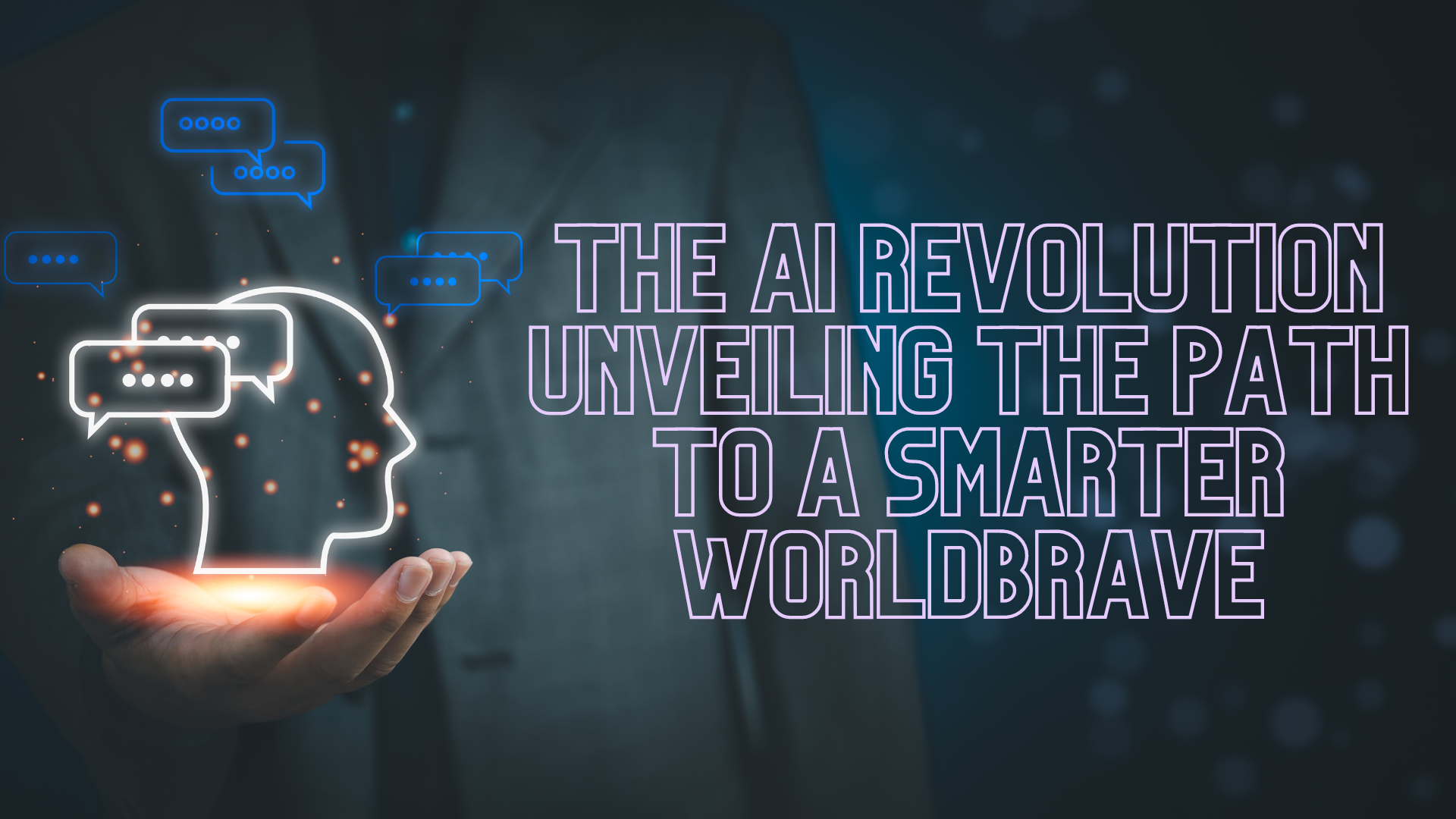

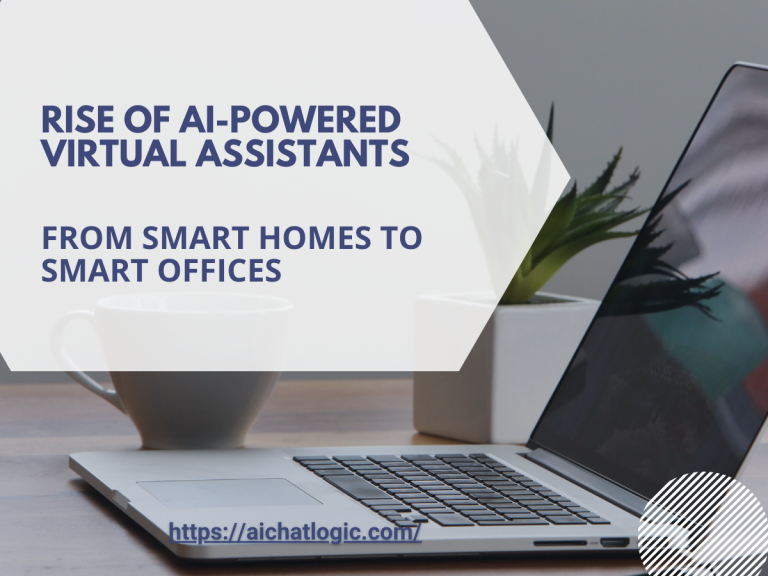
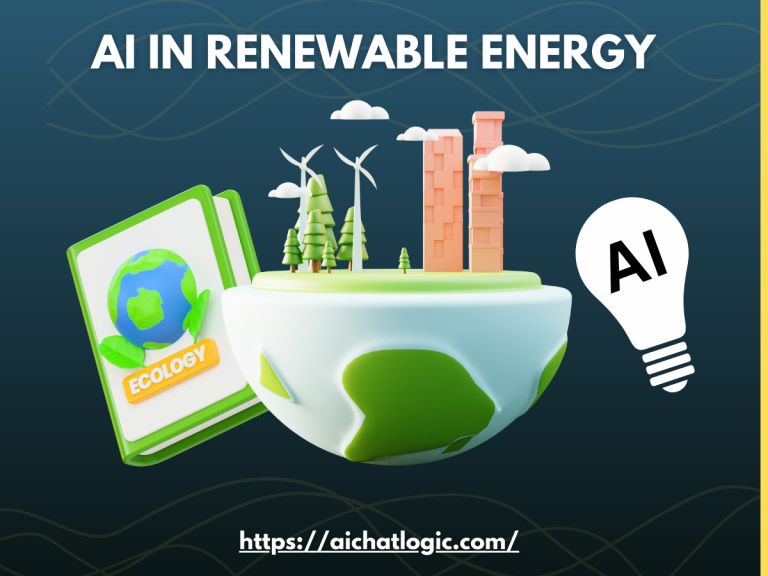


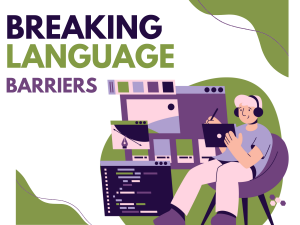
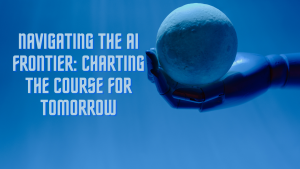



+ There are no comments
Add yours